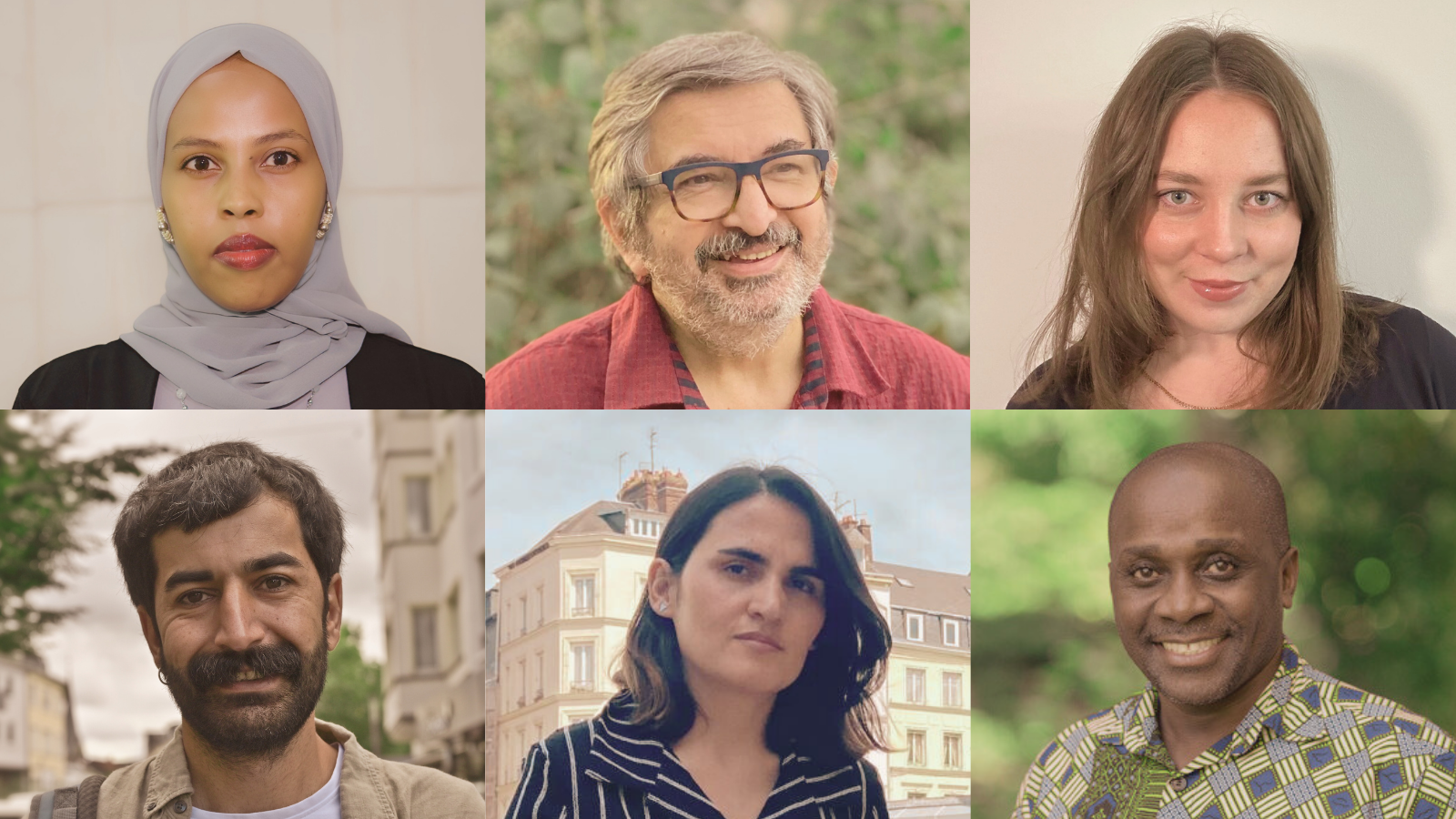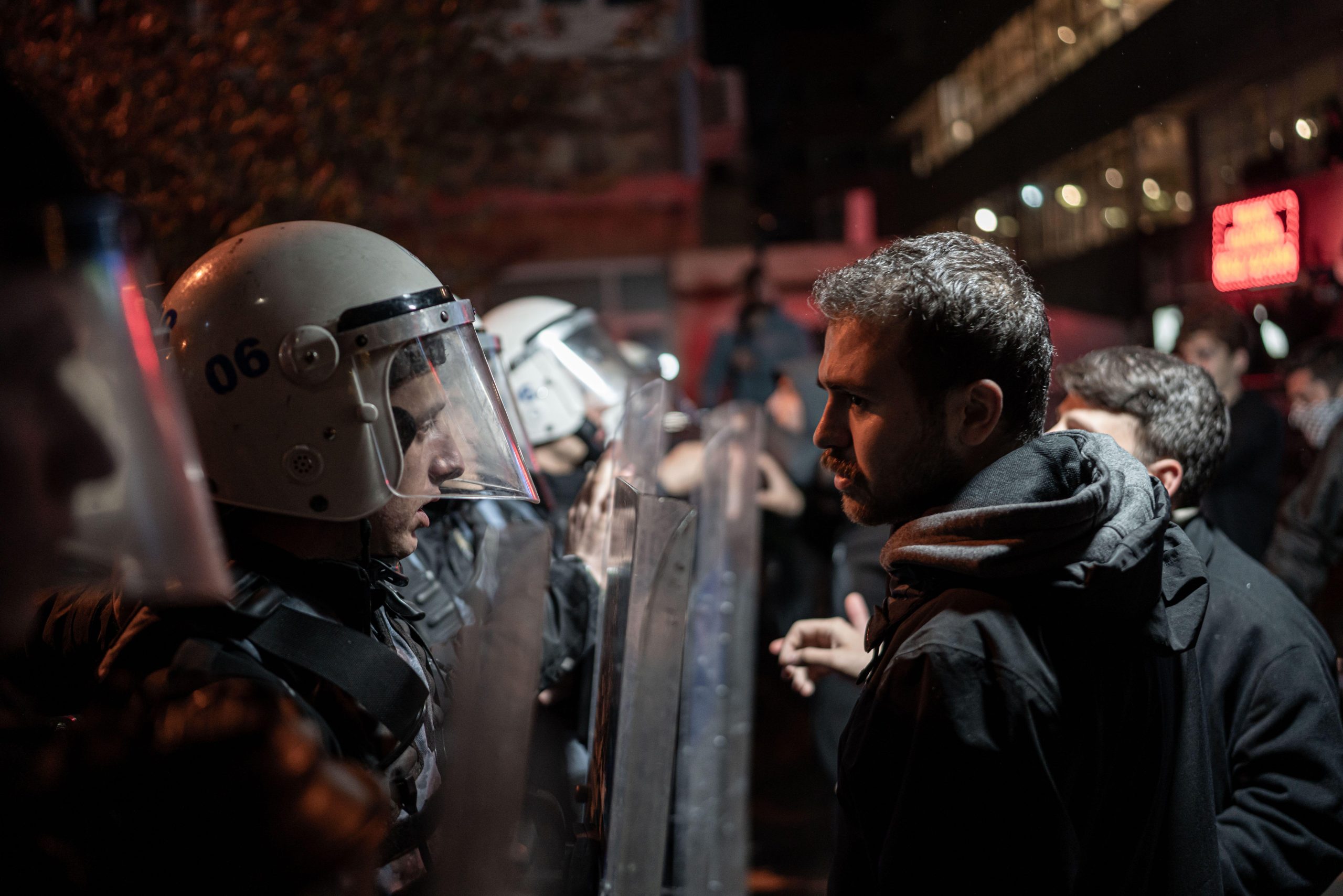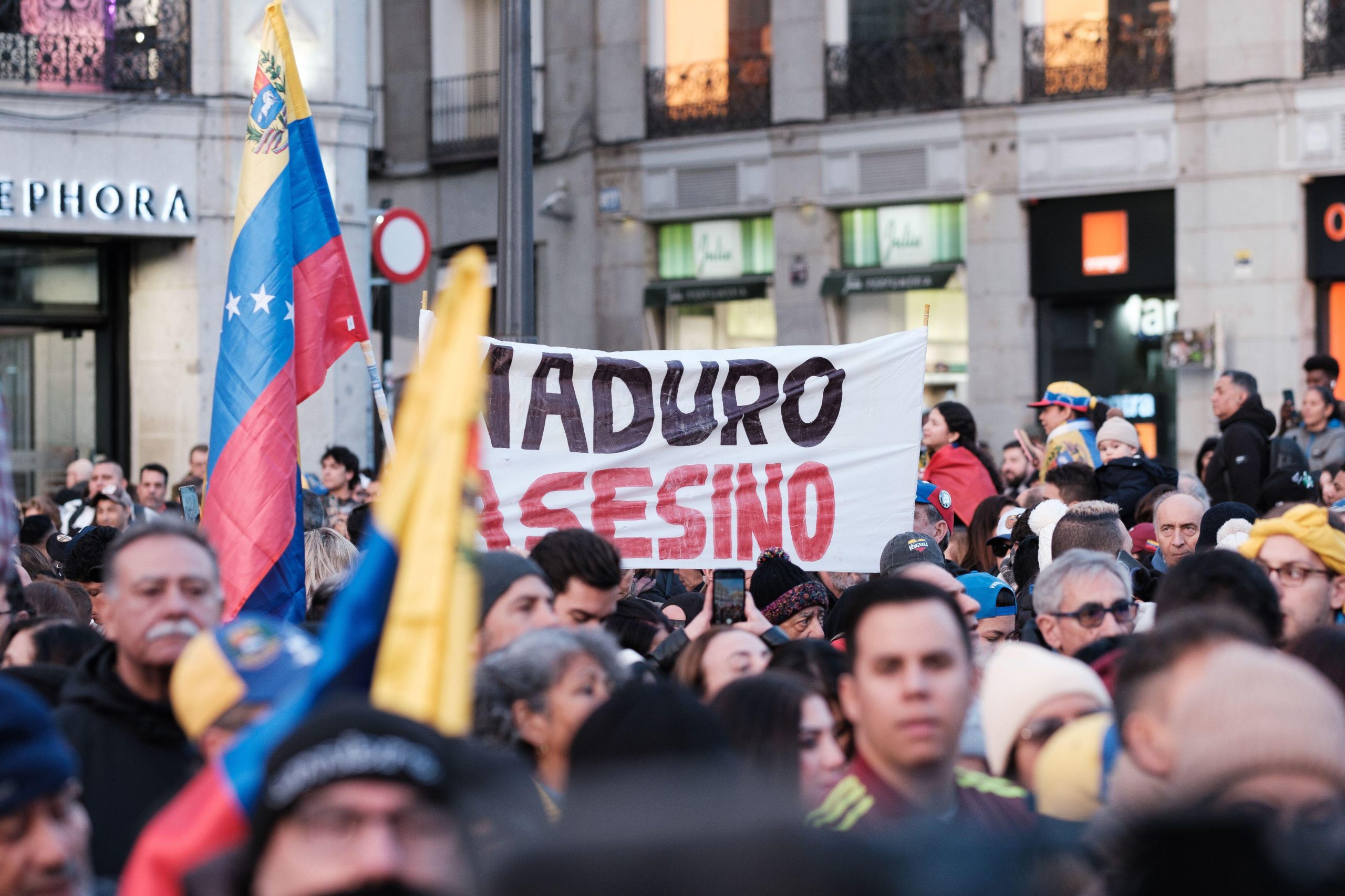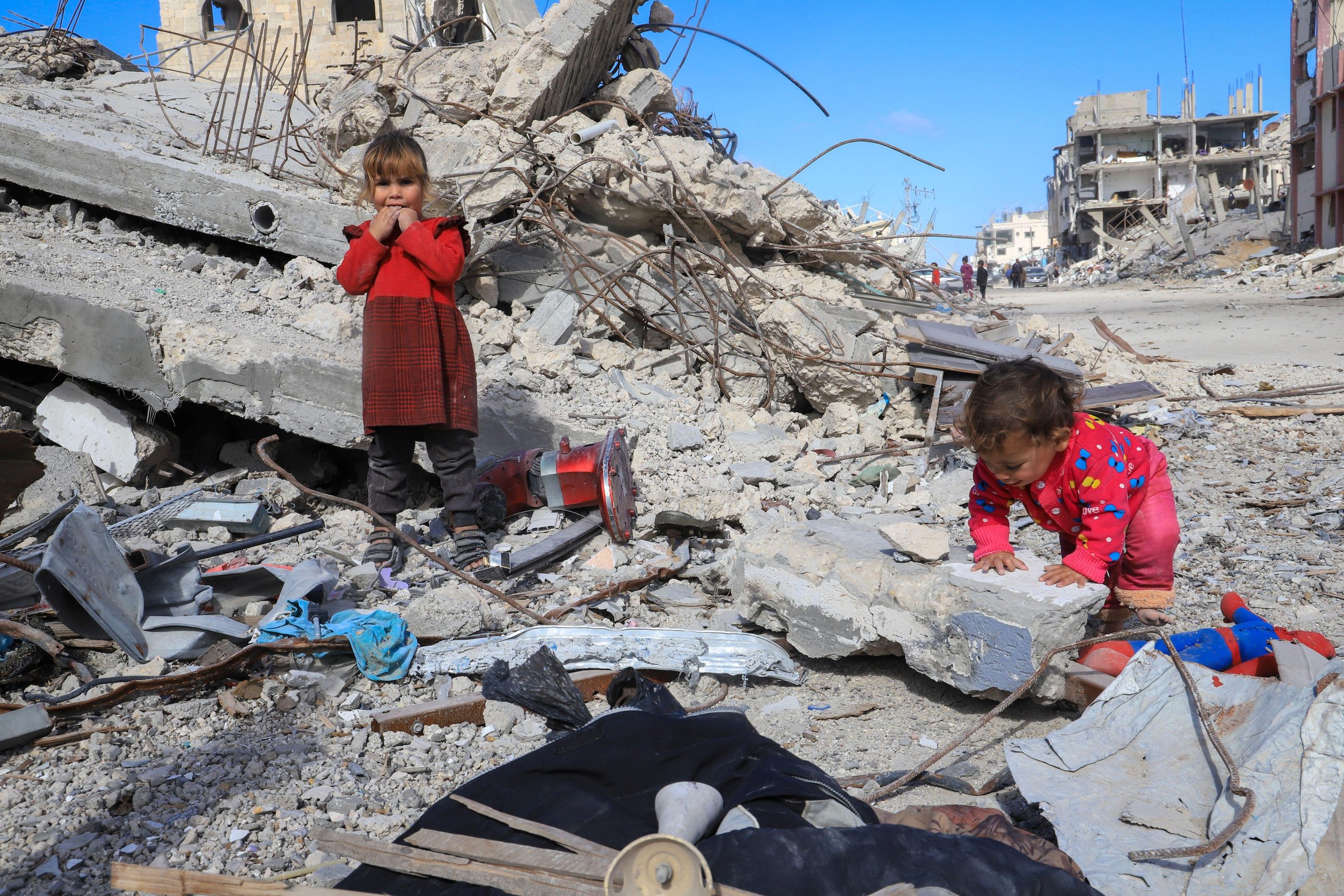
Natalia Radzina: Must more Belarusian journalists die before Europe pays attention?
It’s difficult for me to describe the 16 years that Belarus has suffered under the dictatorship of Alyaksandr Lukashenka. Half my life. People have been killed, abducted, arrested, intimidated, jailed and blackmailed by the regime throughout these years.
We don’t have independent TV channels, or radio stations. Most of the free newspapers have been closed. TV journalist Zmitser Zavadski, who had at one time been a Lukashenka’s personal cameraman, was abducted and killed. Journalist Veranika Charkasova, who investigated ties between the Belarusian regime and the regime of Saddam Hussein, was murdered. Some of my colleagues were sentenced to restriction of liberty for criticizing Lukashenka in their articles. Pavel Mazheika, Viktor Ivashkevich, and Mikalai Markevich served two years of compulsory labour for this. This is a Soviet-style form of punishment — one has to live in a prison-like guarded facility, which is situated far from home as a rule, and do low-paid work, for example tree cutting.
Until recently, the internet was the only source of true information. But now the dictatorship has decided to deprive the Belarusians of an opportunity to learn the truth about the events in the country.
Two criminal cases have been opened against the Belarusian opposition’s most popular internet-resource charter97.org (which I work for). In March our office was raided and eight computers were seized. I was beaten by a masked police man. They didn’t introduce themselves; they just burst into my apartment and hit me in the face.
I am called in for interrogation all the time. It’s annoying and hinders my work. This is the aim of the authorities. Two criminal cases have been initiated against Charter 97, in connection with articles about the corruption among high officials, who had allegedly defamed a KGB regional head, and readers’ comments on the articles on our website.
I believe the attack on charter97.org is related to the upcoming presidential elections, scheduled for early 2011. The authorities are afraid of the growing popularity of independent internet resources. The people, tired of lies of the official media, are looking for the truth.
Our website was attacked just after an interview with Andrei Sannikov, the European Belarus civil campaign leader, had been published, where he announced his decision to run for presidency. It’s no coincidence that Andrei Sannikov’s wife journalist Iryna Khalip is also a witness in the criminal case over “libel” against A KGB officer.
Lukashenka has a great fear of the upcoming presidential elections, the greatest fear he has ever had. He knows he lost the people’s support long ago, and realises what a dangerous exercise rigging election results for 17 years is. This fear means he could do anything.
Lukashenka’s decree on the Internet comes into force on 1 July. Under the decree, all opposition internet resources can be closed and journalists arrested.
Anything may happen to me and my fellow journalists. We need the solidarity of journalists, human rights activists, politicians, and people all over the world. The silence of the European Union, which doesn’t react to the outrageous situation in Belarus, insults us and all those who stand for European values.
Belarus doesn’t have oil and gas, but 10 million people live there. London has almost the same population. Imagine the same things are happening to you and your families, while the world stands idly by and says “at least people aren’t being killed in the streets.” Maybe Europe wants us to be murdered?
Natalia Radzina is editor of charter97.org





